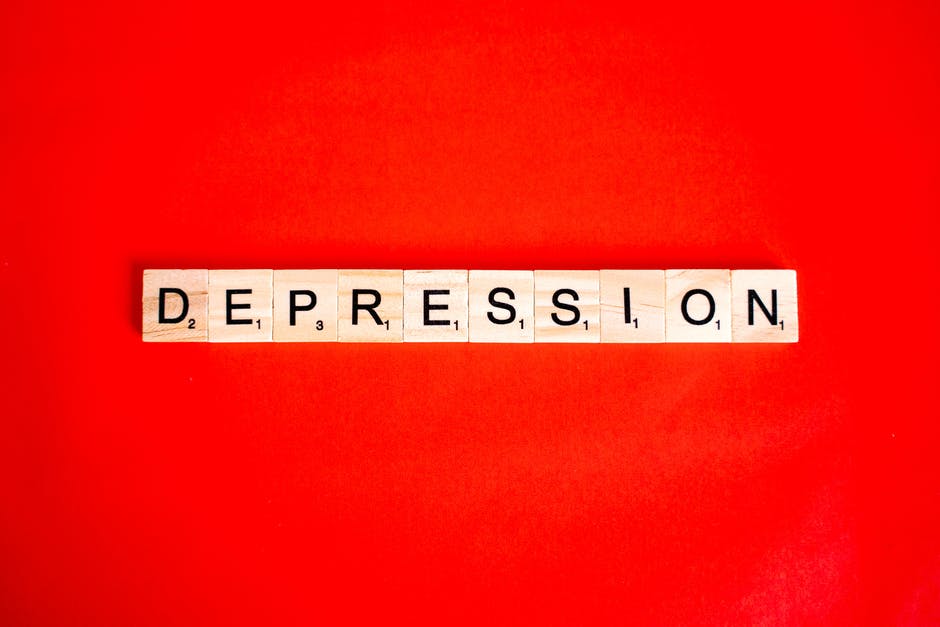Are you wondering how to cope with depression?
Mental health professionals define depression as a feeling of sadness or hopelessness that persists for at least two weeks. Some accompanying symptoms include a loss of interest in enjoyable activities, feeling numb, and experiencing a reduced capacity to do everyday tasks. Some people also become suicidal.
But there are ways to cope with depression. Below, we’ll go into our top 5 recommendations for living life as you’re dealing with depressive symptoms. Keep reading to learn more about how to lessen your depression and start feeling better soon!
1. See a Therapist
Depression is the most common reason people seek out mental health counseling. Therapists receive extensive training in treating depression. In every state, they’re required to study the condition in graduate school and complete ongoing training.
So, they’re equipped with the latest, science-backed techniques to fight depression.
When you first see a therapist, you can expect to fill out some forms. These may include personal information and an assessment designed to measure the extent of your depression. Answering these questions gives your therapist a good baseline from which to start working.
Then, the therapist will meet with you as often as needed. They’ll talk with you about your situation and help you identify what’s contributing to your depression. They may also help you reframe any negative thought patterns into more helpful ones.
Finally, many therapists give their clients assignments to do in-between sessions. These assignments help the client implement what they learned in real life.
You should definitely see a therapist if you’re experiencing thoughts of harming yourself or others. For the least expensive options, see if your insurance covers therapy. If it doesn’t, look for a counselor who offers sliding scale options.
Learn more about what counselling is!
2. Pay Your Doctor a Visit
If you haven’t seen your doctor in a while, try making an appointment. Sometimes, depression manifests as a symptom of other things going on in the body, such as hormonal imbalances.
Your doctor may recommend you get bloodwork or another exam done. They can also prescribe anti-depression medications, which will help you feel better.
Counselors sometimes recommend going to a doctor or psychiatrist in addition to seeking out talk therapy.
Often, these visits to the doctor (and the resulting medications and procedures) are covered by insurance. If you have questions about what your insurance covers, contact the customer support number on the back of your member card.
3. Seek Social Support
Depressed people sometimes feel like they can’t confide in anyone without being a burden. This couldn’t be further from the truth. In fact, a lot of people have been through depressive episodes in their lifetime. You might find that your friends are understanding and can provide you with a source of care and support.
If you don’t have a lot of friends at the moment, consider joining a social group. Choose one where people do an activity you like (or would like to learn). That way, you can meet people with similar interests. Research also shows that getting out and doing things with other people is an effective way to combat depression.
On that note, consider taking a break from social media. Browsing through social media feeds often makes people feel worse about themselves because they see people living “perfect” lives. In reality, nobody’s life is perfect, so it’s not helpful to compare yourself to others in that way.
Instead, focus on doing things that help you feel more confident and at peace.
4. Manage Your Stress
Many people become depressed when they take on too much stress. In our society, stress comes from everywhere: work, home, even bill-paying!
But that doesn’t mean you can’t limit your stress. Learn to set boundaries at work and maintain a good work/life balance. This will give you a break from the stress and help you feel more balanced and in control.
Likewise, you can set boundaries with the people in life. Don’t be afraid to say “no” to engagements that will only make you feel more overwhelmed.
When you’re not working or looking after your family, partake in activities that calm you down. These might include a long bike ride by the river or curling up with a favorite book or show.
5. Take Care of Yourself
Finally, one of the best ways to cope with depression consists of taking care of yourself.
Eating healthy, balanced meals ensures your body has all the nutrients it needs to work in a proper manner. Scientists have linked refined grains, sweets, red meats, and high-fat foods to increased incidences of depression. So, limit your intake of these foods. See a nutritionist if you want personalized diet advice.
Exercising releases endorphins, which make you happier. So, even though you might not feel like working out, it will make you feel better afterward. Doctors recommend getting at least 30 minutes of moderately difficult exercise per day. Tailor your workouts to your needs and then stick to a consistent schedule.
Getting a good night’s sleep helps you fight depression, too. A lack of sleep increases your chances of developing depression. In fact, people who have depression sometimes feel better after getting sleep.
Ready to Cope with Depression?
Now that you know how to cope with depression, it’s time to start seeing how you can implement these tips in your life.
One of the best ways to do this is to create a detailed schedule. Record how much you’re sleeping, exercising, and eating. You might even want to keep a journal of what your therapist or doctor told you so you can remember it in the future.
Want more articles like this? Check out the rest of this website today!




